the problem with palm wax
We take environmental issues very seriously at CandleScience. While developing our products to be safe and easy to use, we require them to be as environmentally friendly as possible. New information has eroded our confidence in the sustainability of palm wax. Because environmental responsibility is a critical component of our culture, we have made the very difficult decision to discontinue all palm waxes.
Environmental Impact
Candlemakers concerned with environmental issues have been aware of the problems with palm wax for many years. Desperate to improve economic conditions, the Indonesian and Malaysian governments have allowed palm producers to ravage the local environment.
"Between 1967 and 2000 the area under cultivation in Indonesia expanded from less than 2,000 square kilometers (770 square miles) to more than 30,000 square kilometers. Deforestation in Indonesia for palm oil and illegal logging is so rapid that a report in 2007 by the United Nations Environment Programme (UNEP) said most of the country's forest might be destroyed by 2022."
- The Economist - "The Other Oil Spill"
The majority of that land has been cleared to grow the palm trees from which palm oil and then palm wax is derived. The land being clearcut is home to some of the oldest and most diverse rain forests in the world. The incredible rate of deforestation in Indonesia ranks it as one of the world's largest CO2 emitters.
Initial Research
Even before we launched candlescience.com we considered carrying a palm line as long as it is sourced in such a way that doesn't contribute to deforestation. In 2006 we began to look seriously and were extremely excited to learn that the world's foremost conservation organization, the World Wildlife Fund (or WWF), had partnered with oil producers in the region to form the Roundtable of Sustainable Palm Oil (or RSPO), an organization committed to finding a way to produce palm in "a sustainable manner based on economic, social, and environmental viability."
We began researching producers on the list of RSPO members and found Sumi Asih, a palm wax producer based in Jakarta, Indonesia. After a few months of discussing these issues with them electronically, we visited them in person and toured their facility. Impressed by their environmental commitment, RSPO membership, and working conditions, we agreed to distribute their waxes.
Palm Was A HUGE Hit For Us
Thinking that we had found a product that was beautiful AND environmentally responsible, we got to work perfecting its usage. We spent countless hours testing wicks and scents, evaluating pour temperatures, and documenting best practices. Because it posed unique burn challenges, we even went as far as working with our German wick partner to develop a custom wick line specifically for use in Palm (CSN wick).
We documented our journey in an article called, "Palm Wax and the Environment" which was consistently one of the most popular pages on our site. We received thousands of comments thanking us for our concern and dedication to environmental issues. We felt proud of how we handled the situation.
Constant Vigilance
Even after all our work and research, we kept an eye on the developments in the palm industry. We paid attention to the European backlash against Unilever and Nestle for using unsustainable palm. We noticed the initially straightforward RSPO website had become increasingly more complex, with additional tiers of members. With all the horror stories of clearcut forests and dwindling orangutan populations we wondered, "What if we're being misled?" The thought that we could be contributing to this situation was a constant concern.
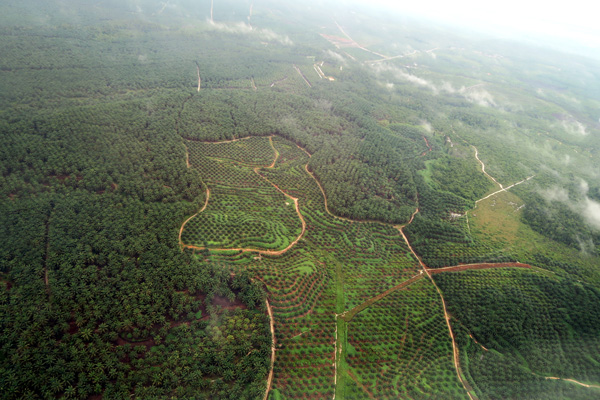
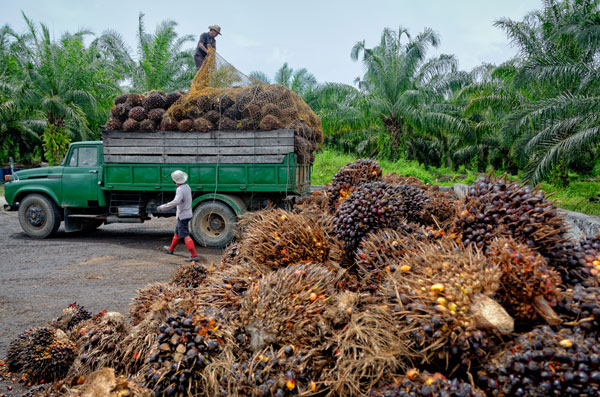
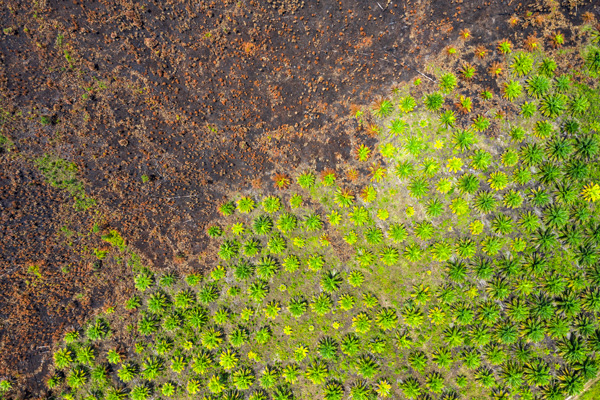
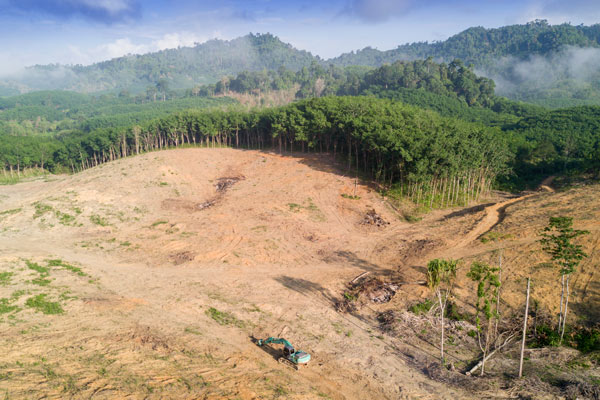
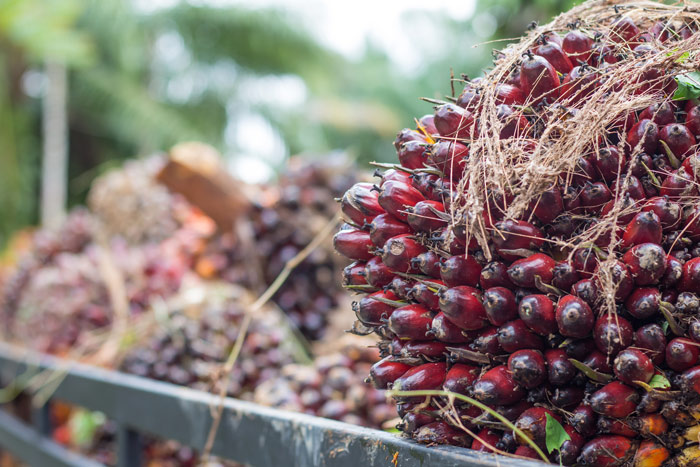
A Sobering Discovery
On June 24, 2010, The Economist (a conservative English newspaper) published an article titled, "The Other Oil Spill" which examined the Asian palm oil market in detail. Unfortunately, they found an industry filled with many companies whose production methods infringed on RSPO standards and Indonesian law. They discovered that while the RSPO is a respectable organization, it has virtually no control over the behavior of its members. Its lack of success in certifying sustainable oil has critics joking that RSPO stands for "Really Slow Progress Overall".
What's worse is that the article reveals that even 'certified' members of the organization (just 15 of 355 total members) only have to prove that a percentage of their supply is sustainable. So, even if you are buying from a certified grower, there is a good chance you're getting tainted oil.
As soon as we saw the article we sent it to Sumi Asih and asked for their feedback, hoping that they would be able to provide proof that our supply of palm wax was different. You are reading this article now because they had no answer for us. Our support of palm wax ended the moment we received their response.
The Ramifications
Understand that we do not make decisions like this lightly. We know that customers like you depend on our products for your business. Proceeds from palm sales pay for your families Christmas presents and college funds the same way that they pay for our employees health care and time off. But we will not support a product that is as destructive to the environment as Southeast Asian palm wax, even at a time where the economy forces us to pay attention to every penny. We feel deep regret for misrepresenting this product, even though the information we were given was falsified. This situation has inspired us to dig much deeper into our supply chain and make sure that there are no other similar problems.
If you are reading this article but buying your palm elsewhere, make sure to ask your distributor for the manufacturer. After we added Sumi Asih wax, many other suppliers followed. Be skeptical if they will not share that information with you. But beware, according to Andrew Bulter, of British cosmetics company Lush, there is "no such thing as sustainable palm oil: it doesn't exist".
The Future
We have already begun the search for non-Asian sources of palm oil and will continue to monitor the situation in Indonesia and Malaysia. If a time comes where 100% of a feedstock can be guaranteed sustainability, we will happily add palm wax back to our product line. We deeply apologize for any inconvenience this has caused you or your company.
Sincerely, CandleScience